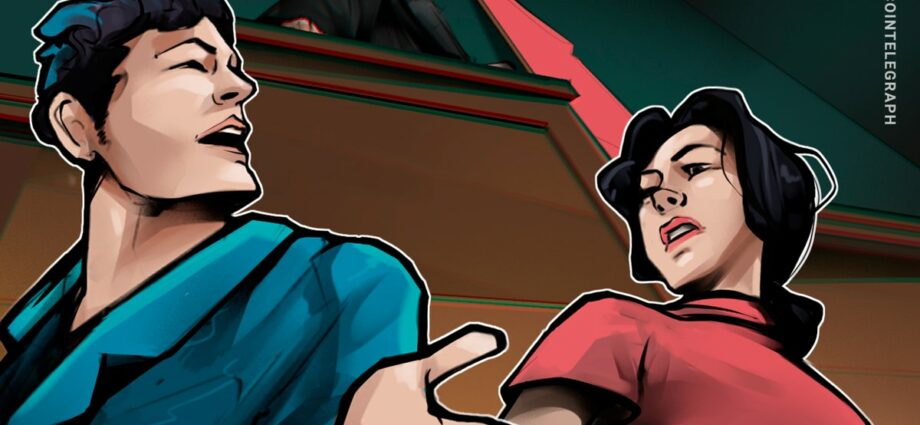Midjourney, Stability AI and DeviantArt issued a response on April 18 to a group of artists who accused them of extensive copyright infringement. The artists claimed that these companies had used their work in generative artificial intelligence systems without proper authorization.
The companies filed their motions in a San Francisco federal court seeking the dismissal of the proposed class-action lawsuit brought by the artists. They contended that the AI-generated images were dissimilar to the artists’ work and that the lawsuit lacked specific information about the allegedly misused photos.
In January, Sarah Andersen, Kelly McKernan and Karla Ortiz filed a lawsuit against the companies, claiming that their rights had been violated. The artists alleged that their works were used without permission to train the systems and that the resulting AI-generated images, created in their styles, were also infringing.
In their filing on Tuesday, Stability AI, a deep learning, text-to-image model AI company, argued that the artists “fail to identify a single allegedly infringing output image, let alone one that is substantially similar to any of their copyrighted works.” Midjourney, an AI company that generates images from natural language descriptions, said that the lawsuit also does not “identify a single work by any plaintiff” that it “supposedly used as training data.”
DeviantArt, an online community for artists that offers a service enabling users to generate images using Stability AI’s Stable Diffusion system, supported the same arguments as Stability AI. Additionally, it claimed that it was not responsible for any alleged wrongdoing by the AI companies.
There is a possibility of AI programs infringing copyright by generating outputs that resemble existing works. In accordance with United States case law, copyright holders can establish that the outputs produced by an AI program infringe upon their copyright if the program had access to their works and the resulting outputs are deemed “substantially similar.”
Related: Elon Musk threatens Microsoft with lawsuit, claims AI trained on Twitter data
Recent innovations in AI are raising new questions about how copyright law principles such as authorship, infringement, and fair use will apply to content created or used by AI. Generative AI computer programs such as Stability AI’s Stable Diffusion program and Midjourney’s self-titled program are able to generate new images, texts and other content or outputs in response to a user’s textual prompts or inputs.
These generative AI programs are trained to generate such works partly by exposing them to large quantities of existing works such as writings, photos, paintings and other artworks.
Magazine: All rise for the robot judge: AI and blockchain could transform the courtroom
Source: Read Full Article
-
China’s digital yuan gets smart contract functionality alongside new use cases
-
Paxful closing, CEO blames staff departures, regulatory challenges
-
North Korea’s Lazarus Group Moves Funds Tied To $100 Million Harmony Bridge Hack
-
Chainalysis: Most New Tokens in 2022 Were Fake
-
Shiba Inu Ecosystem Token BONE Surges 88%, Too Late To Buy?

